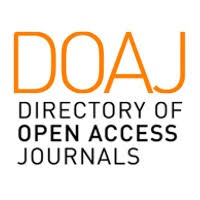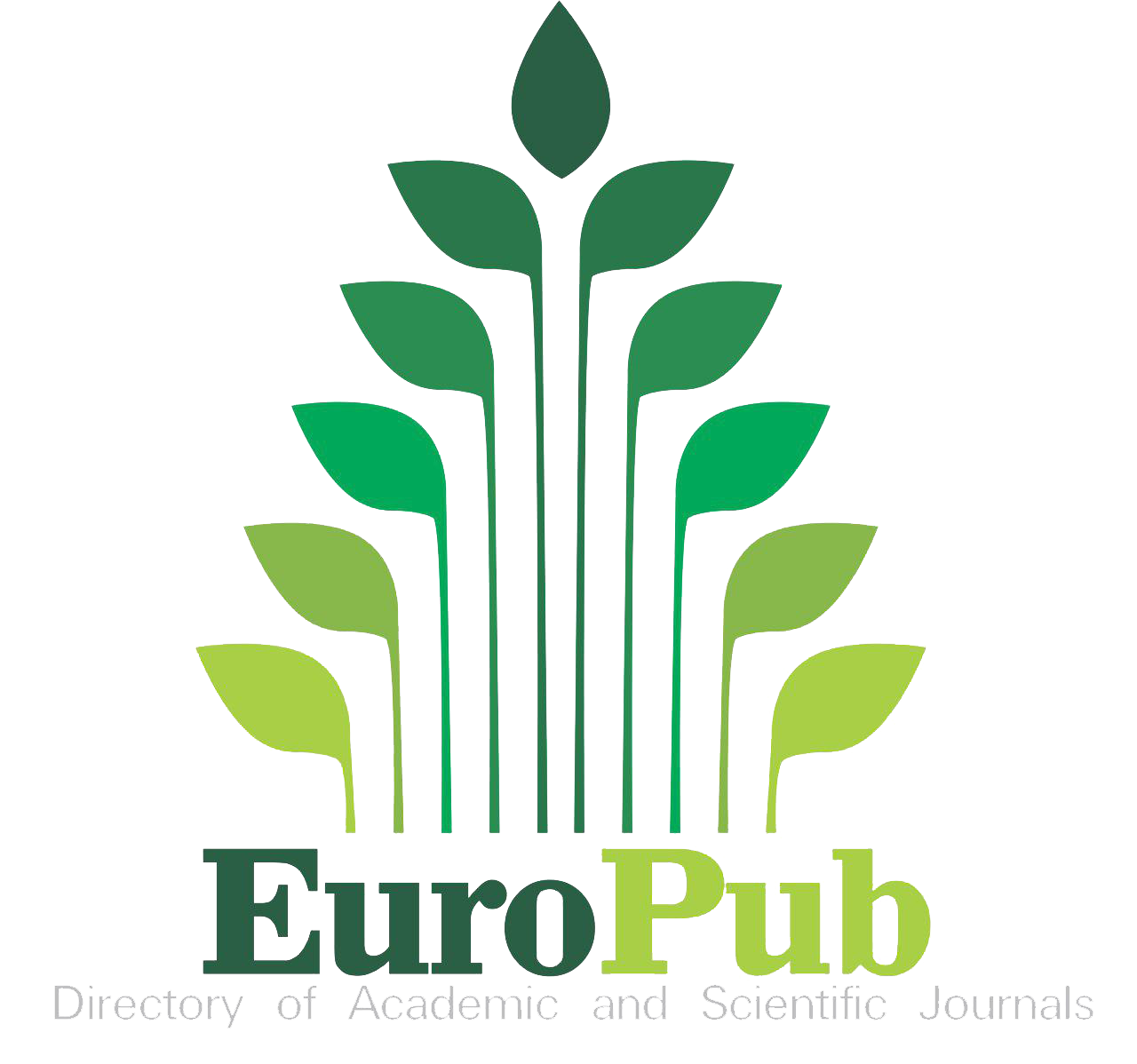The neo-medievalist strategy of the Holy See in international politics: from Cairo to Regensburg
DOI:
https://doi.org/10.52340/jo.2022.03.43Abstract
There are many religious actors in the system of modern international relations, but one of them is especially important, as it has a special (observer) status in the UN, diplomatic relations with most countries of the world and acts as a norm-setting entity. At the same time, it must be said that scholars in the field of international relations pay very little attention to it. Thus, we are talking about the Roman Catholic Church, whose number of believers exceeds 1.3 billion worldwide, and whose institutional expression and legal personality is a sacred seat in international politics.
The purpose of this article is to show how the Holy See still preserves the legacy of medieval European Christianity (Catholicism) in today's international politics and to reaffirm the importance of religion in global processes. The example of the Holy See makes it clear that religious actors have always played a certain role in the transnational governance of the international community. On the other hand, we will try to illustrate the impact that the Holy See's diplomatic strategy can have on the secular state system as well as on global public policy.












